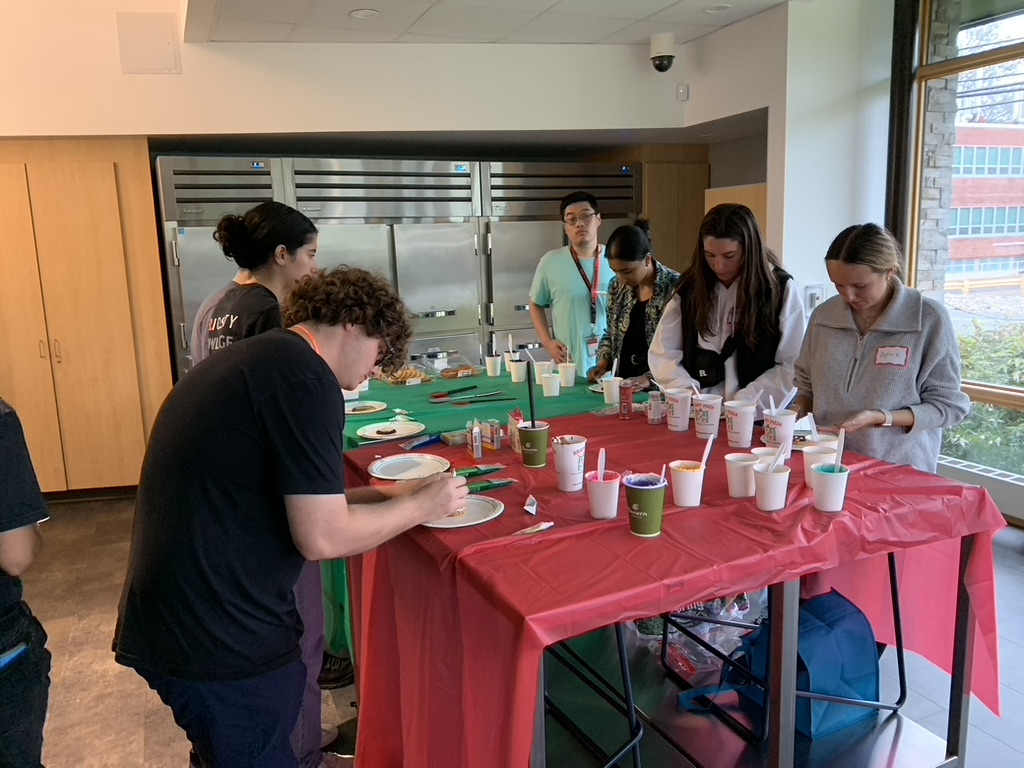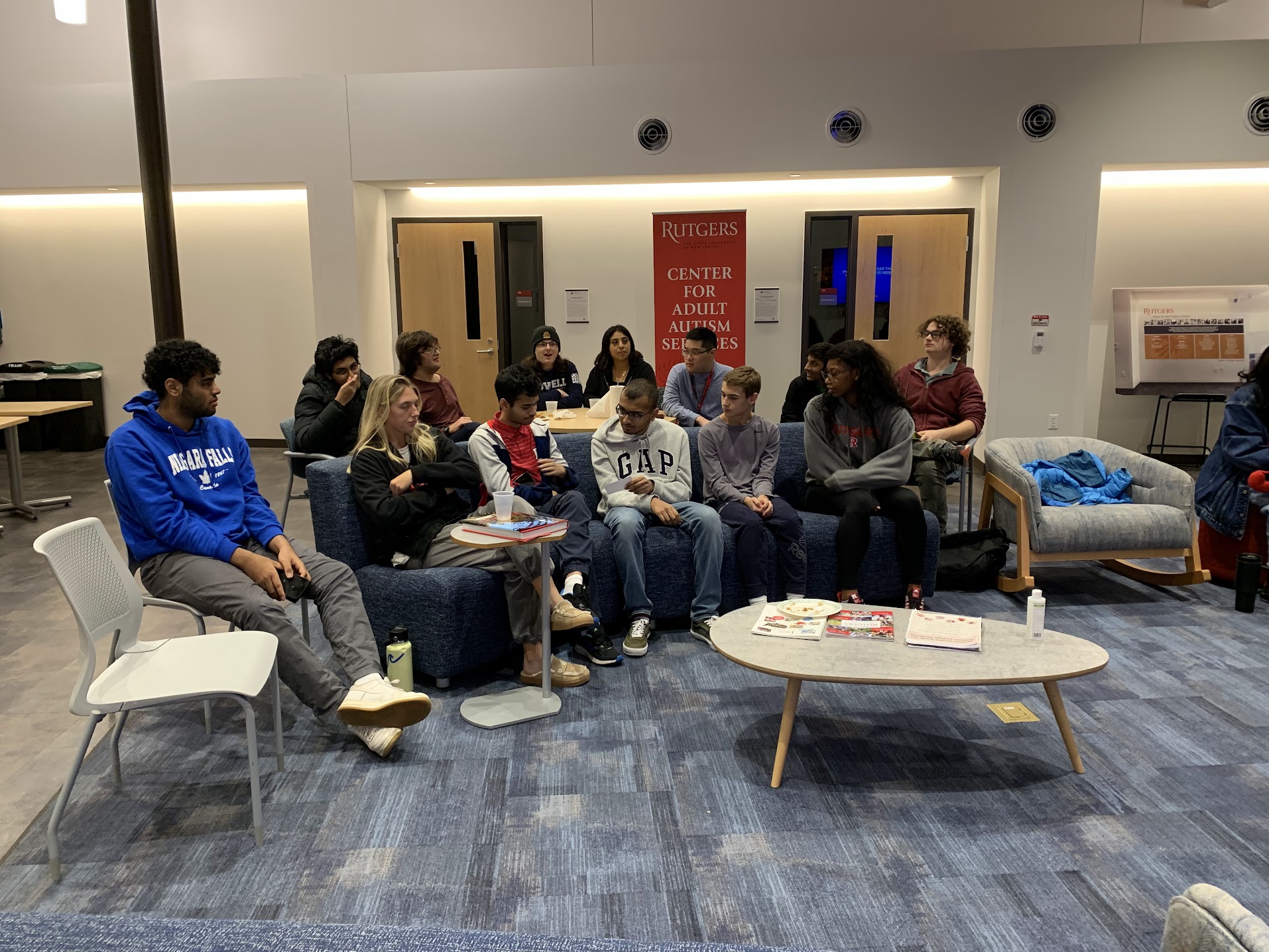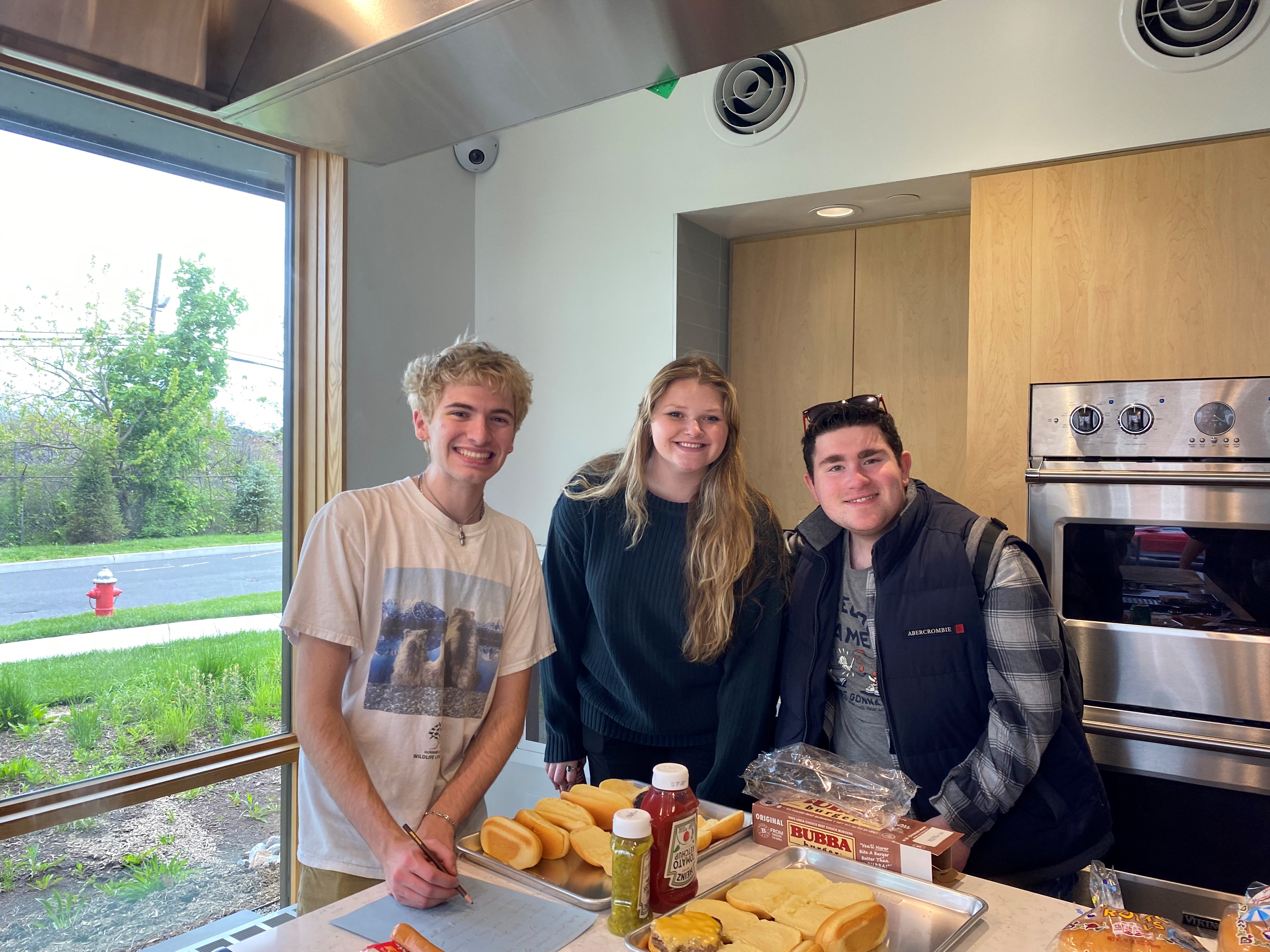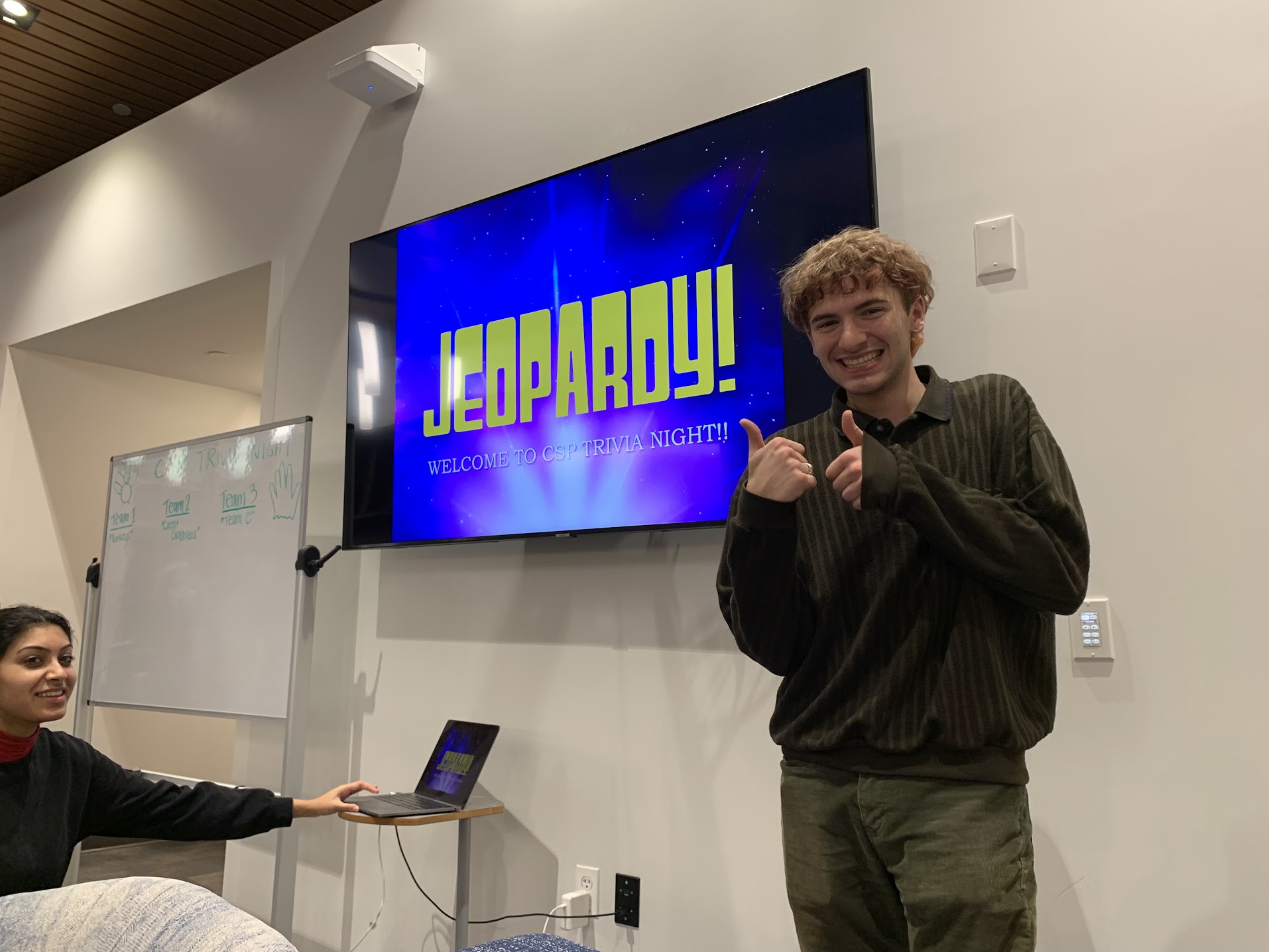Program Overview
The CSP currently serves matriculated full-and part-time undergraduate students on the New Brunswick-Piscataway campus only. CSP students may live in on- or off-campus housing, or they may commute from their permanent residence. Please visit our FAQs section for answers to our most common inquiries.
Program Component Details
Tier selection is determined by individual student support needs and is not diagnosis specific.
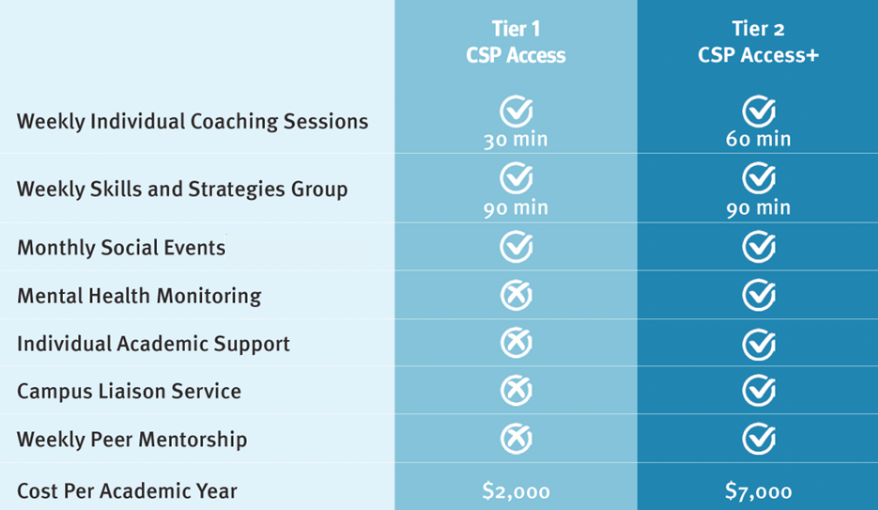
ACCESS Individual Coaching - Students have individual meetings with their coach each week following the group session. The coach helps students prioritize and implement the skills and strategies learned in groups.
Each week during coaching sessions, students set realistic short-term goals and outline steps to accomplish them. The coach carefully monitors progress and helps motivate the student to implement new skills and strategies. In this way, the content learned in groups is personalized to meet the needs of each CSP student, and progress is tracked and celebrated.
ACCESS Skills, Strategies, and Support Group - Students in the CSP receive one of the few evidence-based group skills interventions available for neurodivergentcollege students .
This unique program includes eight, 90-minute group meetings with six to ten students in each group. During each meeting, group leaders cover psychoeducation/knowledge about ADHD and Autism, executive functioning skills and strategies, and adaptive thinking and cognitive strategies. Students get to interact with other Rutgers students, develop relationships, support each other, and share successful strategies. Academic and mental health providers from the university come and talk about how to receive additional services, helping students to navigate the Rutgers system and make connections.
Monthly Social Events - Program members have access to social events such Campus Spirit Night, Murder Mystery Night, Karaoke, the Annual Halloween Party, Cooking Demos, Game Nights, and more.
The RCAAS Community Center, a state of the art recreational and educational space on Cook-Douglass Campus, serves as a central hub of social events for CSP students.
CSP ACCESS+ Only Components
Mental Health Monitoring - Mental health challenges frequently wax and wane and accordingly, university supports for students need to be flexible, and implemented as needed.
This can only be accomplished through careful and frequent monitoring of mental health symptoms. In CSP+, students are asked to complete screening questionnaires several times per year to monitor possible mental health concerns. Follow up is also provided as needed students report stress in their weekly coaching sessions or skills groups. The goal of this is to identify concerns so that mental health supports can be offered to mitigate impact on academic performance and quality of life.
Academic Coaching - Individual academic coaching meetings are provided to students in ACCESS+ for 45-60 minutes a week in collaboration with the Rutgers Learning Centers.
Academic Coaching guides students to optimize their learning experience by teaching strategies for improved studying, organization, time management, and active learning. In addition, CSP staff facilitate two 60-minute study sessions per week where students are encouraged to apply the skills that they acquire during their academic coaching meetings to complete assigned readings, homework, write papers, complete projects, etc. for their courses. CSP staff can also help to arrange individual academic tutoring sessions related to specific courses/disciplines when needed and subject to tutor availability.
Weekly CSP Coordinator Meetings and Campus Liaison Service - Students in CSP ACCESS+ meet weekly with their CSP Coordinator to review all aspects of their college experience. Coordinators are available during program hours (Monday-Friday 9am-4pm) to assist with issues and concerns, providing guidance and advocacy during a dynamic and eventful academic year.
CSP students rely on their Coordinators to help them stay on top things and troubleshoot the challenges that arise. During their meetings, Coordinators assist students with managing a schedule, monitoring and planning to meet academic responsibilities, and providing advice to guide them along their path through college. Our team of Coordinators also provides a valuable liaison service to link students with the many supports available both on and off campus. They work closely with professors, Disability Services, Rutgers Learning Centers, Academic Deans, Residence Life, healthcare providers and families to facilitate communication and ensure our students are connected to the resources they need to succeed.
Weekly Peer Mentorship - CSP Peer Mentors are trained neurotypical undergraduates who engage with CSP students, staff and other Peer Mentors regularly. They are a critical part of our program.
There are many challenges that new and returning students face. Often, social and peer-related forms of support can serve as a buffer against the normal stressors students may experience. Therefore, Rutgers operates a Peer Mentor program supporting students on the Autism Spectrum who are currently enrolled as undergraduates. Peer Mentors receive detailed training prior to their participation in the program.
"The CSP has really helped me as a student socially and academically. I really do not know how I would be managing campus life without the supports that the College Support Program offers." - Josh Garfinkel, current CSP student.
